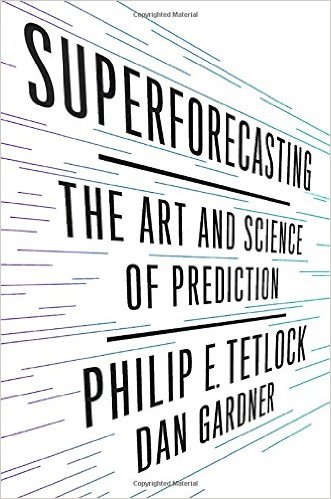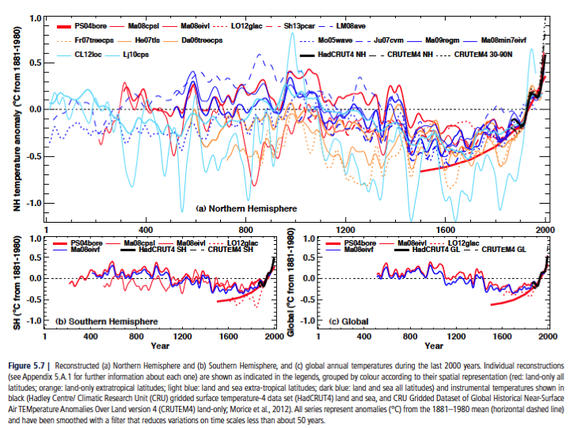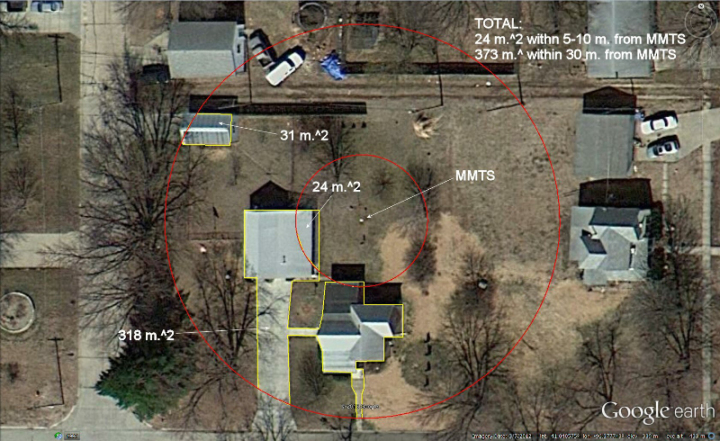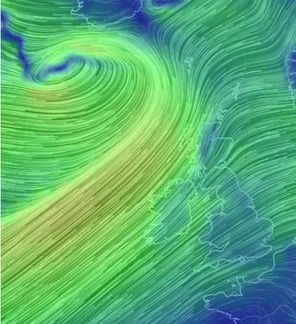 I'm sure for many readers here, Philip Tetlock's famous studies of the predictions of experts need little introduction. His most famous finding - that specialists are considerably worse at making predictions than generalists - is now quite well known, although less so among the general public and media than it should be.
I'm sure for many readers here, Philip Tetlock's famous studies of the predictions of experts need little introduction. His most famous finding - that specialists are considerably worse at making predictions than generalists - is now quite well known, although less so among the general public and media than it should be.
His more recent work has been a project looking at forecasts in the realm of geopolitics and the results are summarised in his latest book, Superforecasting. The project asked panels of volunteers to make forecasts and then tested how accurate they turned out to be in reality. Much of the book focuses on "superforecasters" - those people who turned out to be noticeably better at it.
Suffice it to say that there was little by way of expertise that made these people stand out from the crowd. They were bright people, but not off-the scale geniuses; numerate but not those inclined to conjure with arcane mathematics. It was more about independence of mind, the ability to constantly recalibrate and to question assumptions, the ability to think in terms of probabilities rather than in black and white terms.
And although the book barely mentions climate, and indeed the focus of the project was on short-term predictions not long-term ones, it was hard while reading it not to keep wondering "do climatologists think like this?"
Co-authored by pop-sci writer Dan Gardner, the text is as light as a feather, making it readily accessible to nearly everyone. A good Christmas pressie for the geek in your life. Buy it here.
 Bishop Hill
Bishop Hill  Dec 19, 2015
Dec 19, 2015  Energy: solar
Energy: solar  This is a guest post by Phillip Bratby.
This is a guest post by Phillip Bratby.













